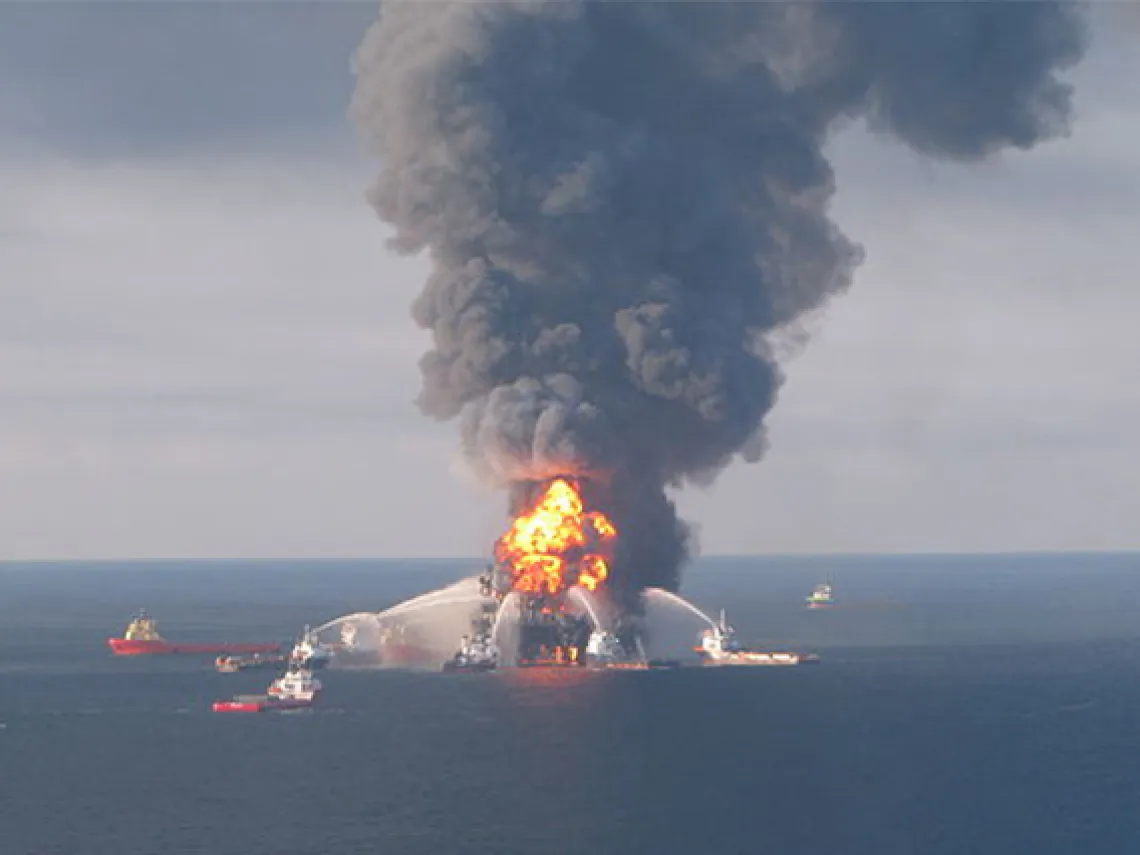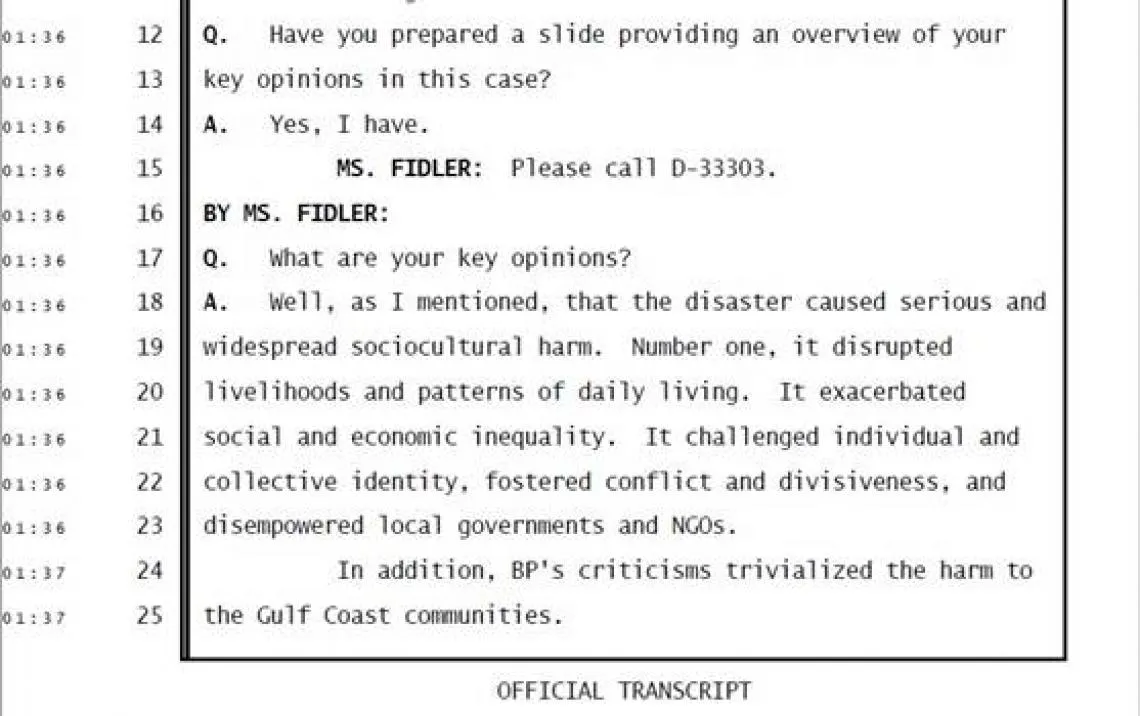Preparing for Long Periods of Uncertainty: Reflections on Similarities between the COVID-19 Pandemic and the Deepwater Horizon Disaster

Deepwater Horizon
By Diane Austin, Director of the University of Arizona School of Anthropology
While walking in the park Sunday morning, I began reflecting on similarities between the unfolding COVID-19 pandemic and the Deepwater Horizon disaster which began with the blowout of the Macondo Well in the Gulf of Mexico almost 10 years ago, on April 20, 2010. On the surface, these two disasters look quite different. The oil disaster began with the immediate deaths of 11 men and injury of 17 more aboard the Deepwater Horizon drilling rig, raged throughout the summer until the well was sealed on August 3 and an estimated 4.9 million barrels of crude oil had spewed into Gulf waters, and continued for several years amid investigations, regulatory changes, and reparations. It officially began with the blowout of an oil well off the coast of southern Louisiana rather than a novel virus that was first detected in Wuhan, China. Yet, the challenges of containment and the social effects of each are strikingly similar.
Along with colleagues and students, with support from the Bureau of Ocean Energy Management, I spent more than five years studying the impacts of the Deepwater Horizon disaster on households and communities along the Gulf of Mexico coast, from Louisiana to Alabama. Our findings were published in two major reports and elsewhere. On January 20, during the penalty phase of the United States’ trial against BP, I summarized the sociocultural harms:

In both these events, a significant underlying factor is what we termed in 2017 “layered uncertainties.” Important to us at this juncture of the COVID-19 pandemic is that we acknowledge and address the negative impacts of living with uncertainty and take steps to reduce and mitigate those effects. Just as the people living and working along the Gulf Coast could not control how fast the oil was gushing into the Gulf—or whether or not a hurricane would come in the midst of the disaster—we cannot control where and how the coronavirus emerged and other factors that may exacerbate its impacts. We can, however, help control the spread of the virus by practicing social distancing. In addition, we can prepare ourselves, our households, and our community to live and work amid the uncertainty and rapidly changing social and economic conditions we are currently facing
When I returned home from my walk, I located advice offered to the people of the Gulf region during the months while the oil was coming ashore. Much of it is worth heeding as we hunker down for what is likely to be months of disruption. The following were targeted to “Deepwater Response and Volunteer Workers.” For the many coronavirus workers among us who are taking steps to slow the spread while providing essential services to our families and households, neighbors, students, staff, colleagues, and communities, here are some recommendations for maintaining your health over the long haul [information in brackets added in light of current CDC recommendations regarding the current pandemic]:
- Reach out for help and support—people really do care.
- Reconnect with family, spiritual, and community supports.
- Consider keeping a journal.
- Do things you that help you refresh and recharge yourself whether that is spending time with others [virtually or at a safe distance] or alone
- Remember that “getting back to normal” takes time. Gradually work back into your routine. Let others carry more weight for a while at home and at work.
- Be aware that resuming your normal activities is not a straight path but can be a matter of two steps forward and one back. You will make progress.
- Appreciate a sense of humor in yourself and others.
- Your family may experience certain parts of the disaster along with you through your stories and the news media. This is a time to understand and communicate with them.
- Avoid the overuse of drugs or alcohol; they can lead to other problems.
- Get plenty of rest and regular exercise.
- Eat well-balanced, regular meals.
And, I add my own personal recommendation based on working with students and collaborators in the Gulf of Mexico region during the Deepwater Horizon disaster:
- Limit yourself to one hour of media consumption per day. Set aside that time to catch up on the news, but then turn it off. While the situation is dynamic, it is not moving so quickly that you must remain glued to your devices or television to keep up.
We can and will minimize the negative impacts of this challenge and emerge more thoughtful and aware as individuals and a community.

